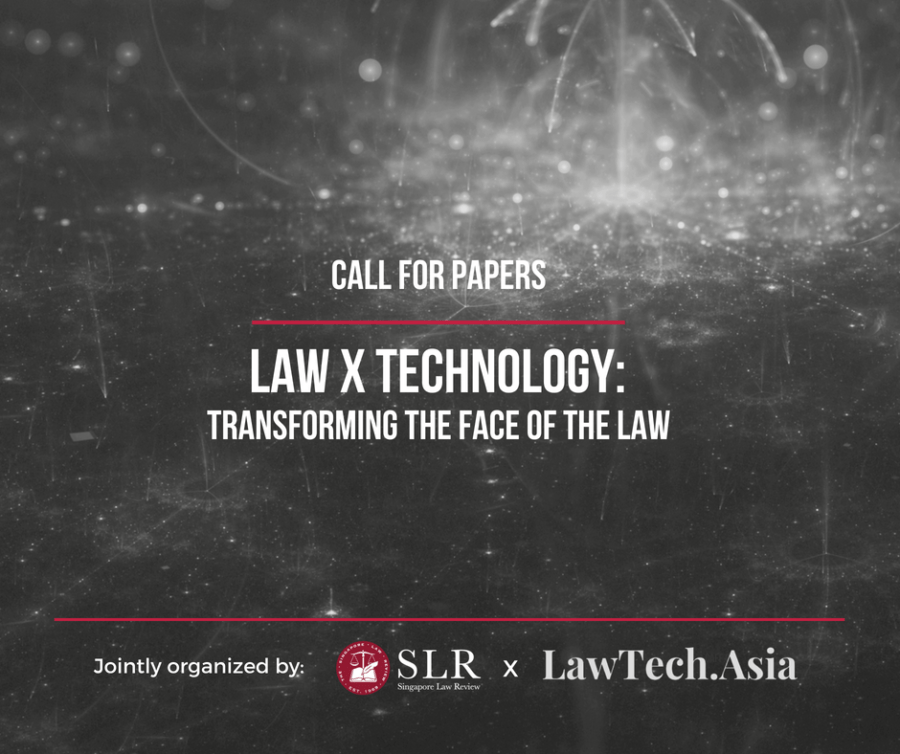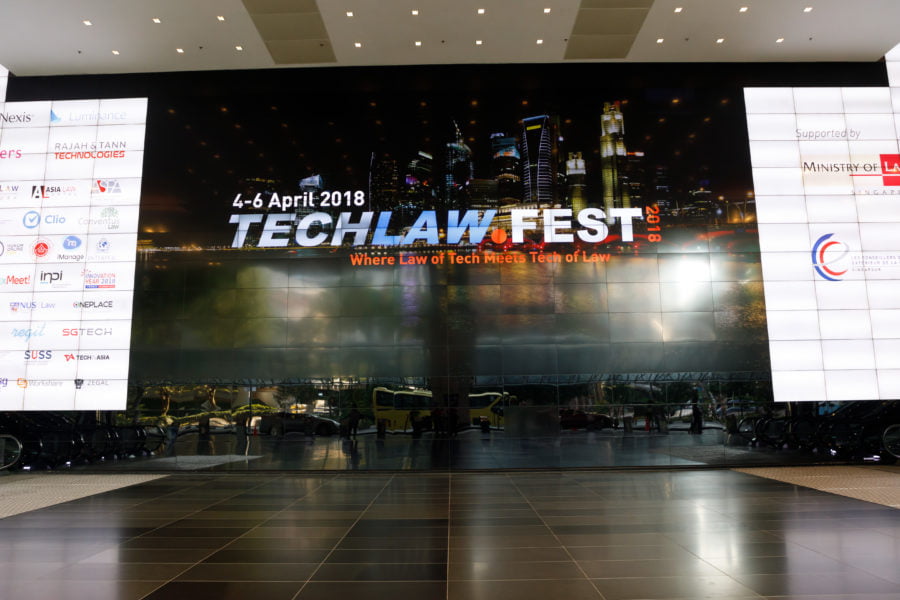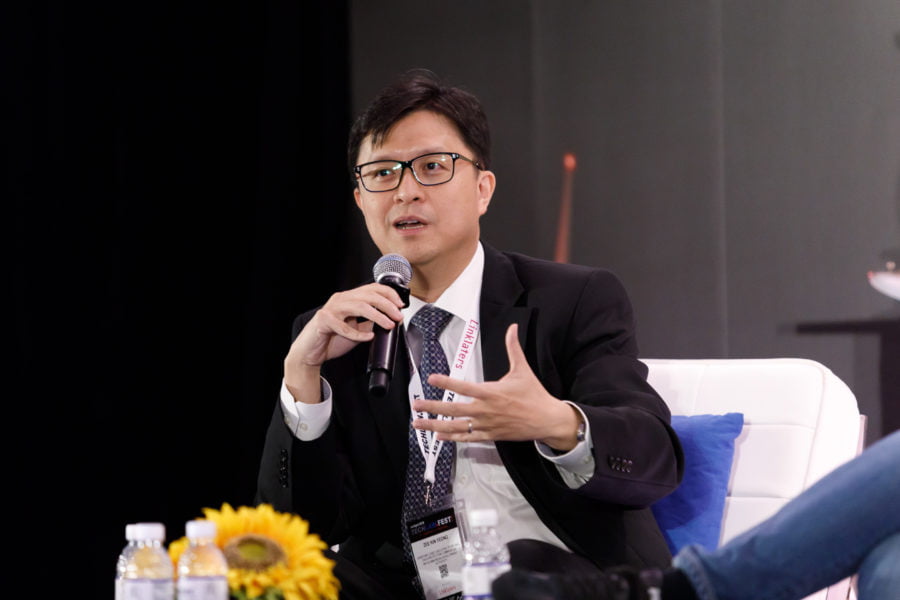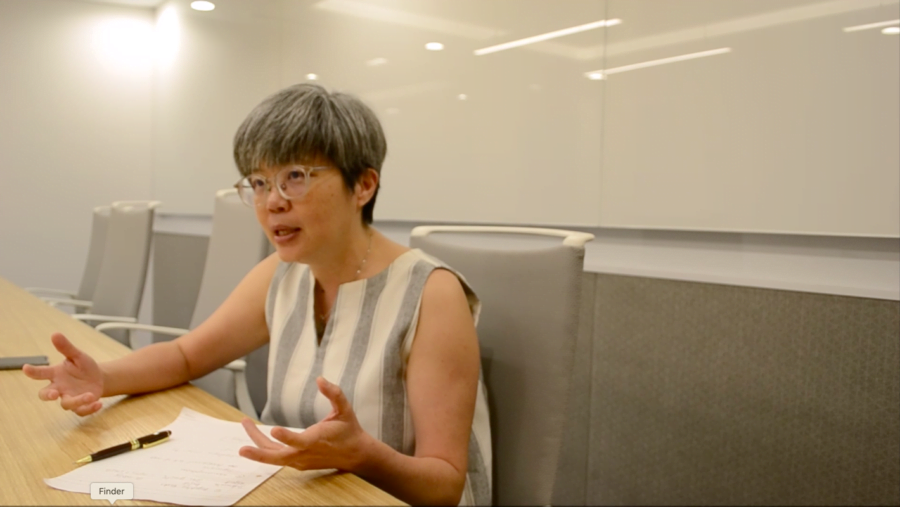Technology disrupts for the better of those prepared. Legal practice is hardly impervious to the implications that technology brings. The advent of blockchain and machine learning technologies is an opportunity, and a potential cost if not pursued. Conversely, the use of technology is equally subject to legal regimes and institutions. Developing a sensitivity to the mutual interaction of the two forces is of utmost urgency as governments and peoples search for a firm footing.
The Singapore Law Review (“SLR”), Asia’s oldest student-run legal publication, and LawTech.Asia, Southeast Asia’s foremost law and technology review, are collaborating on a special issue of the Singapore Law Review journal and LawTech.Asia online publication on the theme “Law x Technology: Transforming the face of the Law”.





